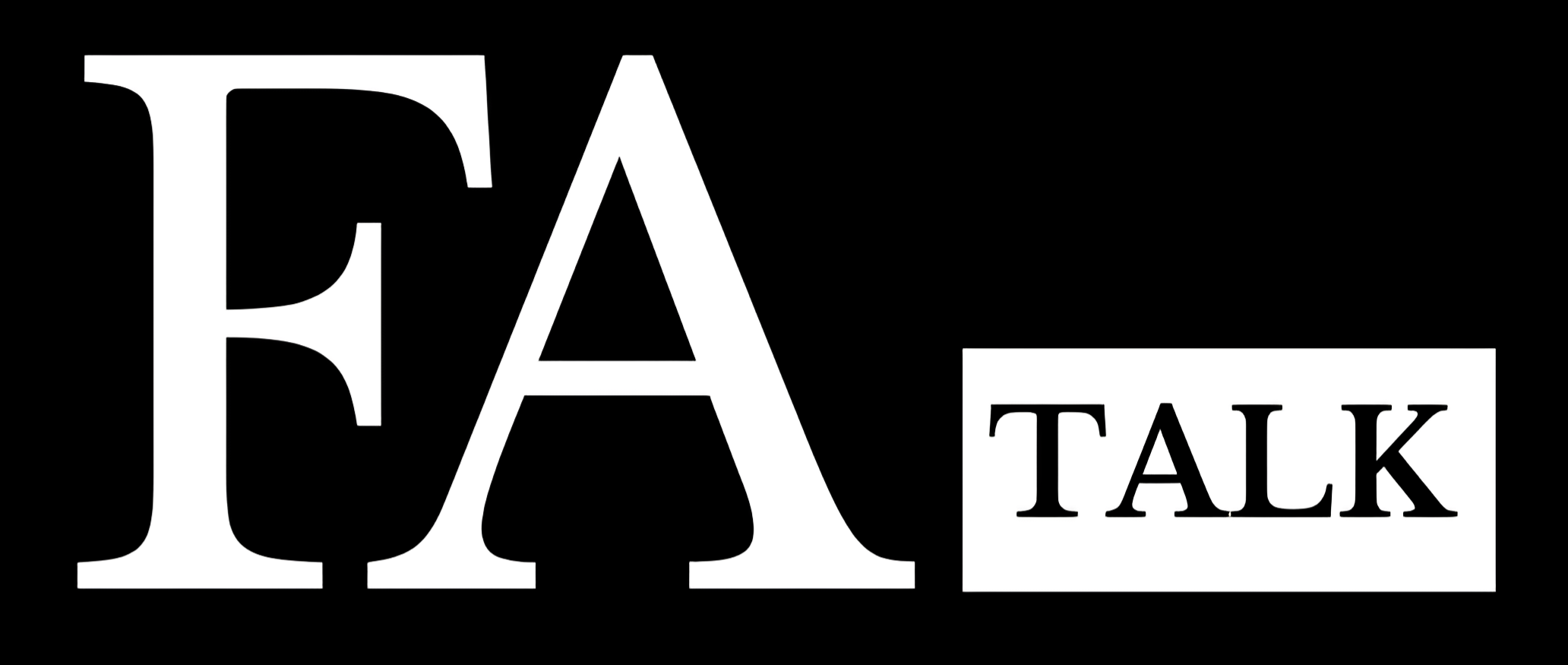
A Eulogy to the Fall of French and German Governments
What They Mean for the EU
By | Batuhan Gunes,
DECEMBER 23, 2024 | 2:14 PM
Europe Brief
In December 2024 Europe Brief, we will search for the response to the question of ‘why governments fail’ in light of the recent government failures in the EU’s two locomotive countries: France and Germany. This December witnessed some alarming developments in the political atmosphere in Europe since the beginning of the Russian-Ukrainian war in 2022. The deadlocks in French and German political systems might tell us something about the current challenges and the future of EU integration as these government failures appear to have significant impacts on European Foreign Policy as well as the EU’s response to internal and external challenges in the future.
We will start with the government failure in France and continue with Germany, and at the end, we will try to analyze this month’s pressing issue by making predictions about the future and how these government deadlocks and impasses might give us clues about the future of the EU and its foreign policy in a highly polarized and multilateral world.
In France, since the recent elections in June/July 2024, visible instability and discontentment have become apparent, and because of the changes in the French National Assembly, it has nearly become impossible to manage and steer the National Assembly for a Prime Minister to move forward in the political system. According to the results of the 2024 Legislative elections in France, La Nouvelle Union Populaire (NFP, leftist bloc) gained 188 seats, Ensemble Coalition (Emmanuel Macron’s party and other central parties) gained 161 seats, Rassemblement National (RN) and its allies gained 142 seats, Les Républicains (LR) gained 48 seats, and other smaller parties acquired 38 seats.
In the aftermath of the elections, Prime Minister Gabriel Attal resigned; however, his resignation was initially refused by President Macron, but after a while, it was accepted, and France experienced its longest period without a Prime Minister, between 16 July 2024 and 5 September 2024. This period came to an end with Macron’s pick of Michel Barnier—an old Gaullist politician from Les Républicains who is also known as the EU’s Chief Brexit negotiator with the UK between 2016 and 2020. Michel Barnier was a solution proposed by President Macron to find a viable way to address the French political system that is deadlocked. In his first speech as Prime Minister, he said that “there is a need for respect, appeasement, and unity” in the face of a National Assembly that is divided into three different blocs.
At first, even Marine Le Pen from RN praised Barnier because of his respect towards RN votes. The crisis and fall of the French government were sudden but not unexpected due to the highly diverse blocs and ideologies in the National Assembly. Prime Minister Barnier had to deal with NFP, Macron’s central-right bloc Ensemble, and the far-right bloc Rassemblement National Bloc. Although Michel Barnier had to manage all these different ideologies, he had already lost NFP, the bloc which has the plurality of seats. Jean-Luc Mélenchon from La France Insoumise (NFP Bloc) claimed that Macron stole the elections by not appointing a Prime Minister from NFP but rather choosing Michel Barnier from his coalition parties, Les Républicains.
The tipping point was Barnier’s move to invoke Article 49.3 of the French Constitution—an article that allows the government and Prime Minister to adopt a bill without having it presented to the National Assembly. This article, if used excessively, may provoke discontent among the National Assembly and the public, which was the case when Élisabeth Borne was the Prime Minister of France. Prime Minister Barnier tried to use this article to adopt the Social Security Budget for 2025. Unfortunately, his move backfired as NFP and RN filed motions of no confidence against his government, which ousted the Barnier government on 4 December 2024.
Despite concessions amongst parties and Barnier, and a search for common ground, being unsuccessful, he was ousted with the vote of 331 lawmakers out of 577, and he officially became the shortest-serving Prime Minister in the history of the Fifth French Republic. Furthermore, newly elected French Prime Minister François Bayrou is 73 years old and one of Macron’s earlier supporters. He was picked by the President to function as Prime Minister in a foggy political atmosphere in which the horizon is nowhere to be seen. The French left said that Bayrou’s appointment may worsen the democratic crisis, as Marine Tondelier in the French left argued that Bayrou will face the same fate as Barnier if he chooses to continue harsh Macron-era policies and chooses ministers from their own parties and ideologies.
In Germany’s government failure case, the whole situation appears to be out of control if not managed with caution until the next elections on 23 February 2024, which can determine the next government of Germany. The government failure started when Olaf Scholz had disagreements with Finance Minister Christian Lindner from the Free Democratic Party (FDP) and asked President Frank-Walter Steinmeier to dismiss him. However, as a response to Scholz’s sudden decision of dismissing Lindner, other ministers from the FDP left the government, which triggered snap elections to be held after President Steinmeier dismissed the Bundestag. A possible election date seems to be on 23 February 2024.
After Former German Chancellor Angela Merkel left office in 2021, CDU/CSU did not manage to win the elections in 2021. Instead, within three months, a coalition government was formed with an alliance of three blocs/parties: Social Democratic Party of Germany (SPD), Greens, and Free Democratic Party (FDP). This coalition formed the German government until 2024 with ministers coming from different parties; for instance, Finance Minister Christian Lindner was from the FDP, and Foreign Minister Annalena Baerbock was from the Greens. Chancellor Olaf Scholz’s cabinet was already very diverse, hard to manage, and steer, and very likely to dissolve at the first strong disagreements within coalition partners.
Olaf Scholz, after disagreements with his coalition parties and ministers, lost a motion for a vote of confidence in the German Bundestag. 394 members voted: 207 yes and 116 abstained. However, for a successful confidence vote, Scholz needed 367 yes votes. At the end, economic challenges, a faltering economy, and different political ideologies fractured the government, paving the way for snap elections to be held on 23 February 2024. Scholz’s political gamble of a motion for a confidence vote has become the sixth of its kind since the Federal Republic of Germany was formed in 1949.
Since 1949, four chancellors have used this motion for a confidence vote to strengthen their positions in their government as Chancellors. Olaf Scholz’s aim was to lose the confidence vote now and win the snap elections next year to come back stronger as a Chancellor with a strong government, as some German analysts claim. However, this political gamble is rather a risky one, and it should not be forgotten that the last motions for confidence votes were issued by Chancellor Gerhard Schröder in 2001 and 2005. He lost the latter confidence vote as well as the snap elections that followed it. Therefore, it can be considered a risky move for Scholz, but if he manages to win the elections next year, there is a chance for him to come back stronger.
On the other hand, some analysts see another Scholz government as a weak possibility since there are many pressing issues such as a faltering economy, migration, questions on how to steer the EU machinery and EU’s Foreign Policy, and the competitiveness of German industry, which hangs over the German Government like a sword of Damocles. In the snap elections, it is predicted that CDU’s party leader Friedrich Merz is set to lead the CDU/CSU bloc.
After the government failure in Germany, the leader of the far-right party Alternative für Deutschland (AfD), Alice Weidel, attacked Scholz’s government by calling its migration policies failed and demanded the immediate return of Syrian refugees, whom she labelled as Islamist terrorists, to free Syria after Assad’s fall. AfD is currently in second place with 17% of votes, SPD is in third place, and the Greens are around 14%, whereas FDP holds 4% of votes—a significant decrease. A strong CDU/CSU bloc, under Friedrich Merz’s leadership, seems likely to enter a coalition with SPD or FDP to form the next German government.
Although Merz ruled out the possibility of including AfD in their government, it’s unclear what the future will unveil, as the public is open to manipulation through migration, or religious and cultural values, which might create further rifts in society. The government crises in France and Germany occurred nearly at the same time, with only 10 days separating them. The crises in the EU’s two most important locomotive countries in military and economic dimensions couldn’t have happened at a worse time for Europe, as some pressing issues, such as Trump 2.0, the fate of the wars in Ukraine and Gaza, and a potential trade war with China, loom over the horizon.
Consequently, France, with its internal challenges within different blocs of ideologies, and Germany, with its inability to form a stronger government until February 2024, seem unable to take up the challenge of meeting the first impacts of Trump’s new term as President since the implications could vary from political to economic or fiscal to social over Europe, Asia, and other parts of the world. Also, a fresh start for French and German Presidents Macron and Steinmeier seems impossible since Macron cannot call for new elections until summer 2025, and Steinmeier is bound by the system and must dissolve the Bundestag and call for an election date next year with a lot of uncertainties in the air.
These failures also seem to have significant impacts on the EU machinery since France and Germany are two of its strongest members militarily and economically. Currently, the EU is facing significant problems in different domains such as the economy, migration, foreign policy, competitiveness, access to critical materials, and competition with the U.S. and China in a highly globalized world. In this cataclysmic atmosphere, the EU will have to rely on other members to represent itself—at least until the turmoil in France and Germany settles down—in its foreign policy, in addition to Eurocrats like Ursula von der Leyen, Kaja Kallas, and António Costa, to discuss the implications of Trump 2.0 over Europe, or to discuss the future of EU integration with new parties, as well as keeping an eye on the wars in Ukraine and Gaza.
